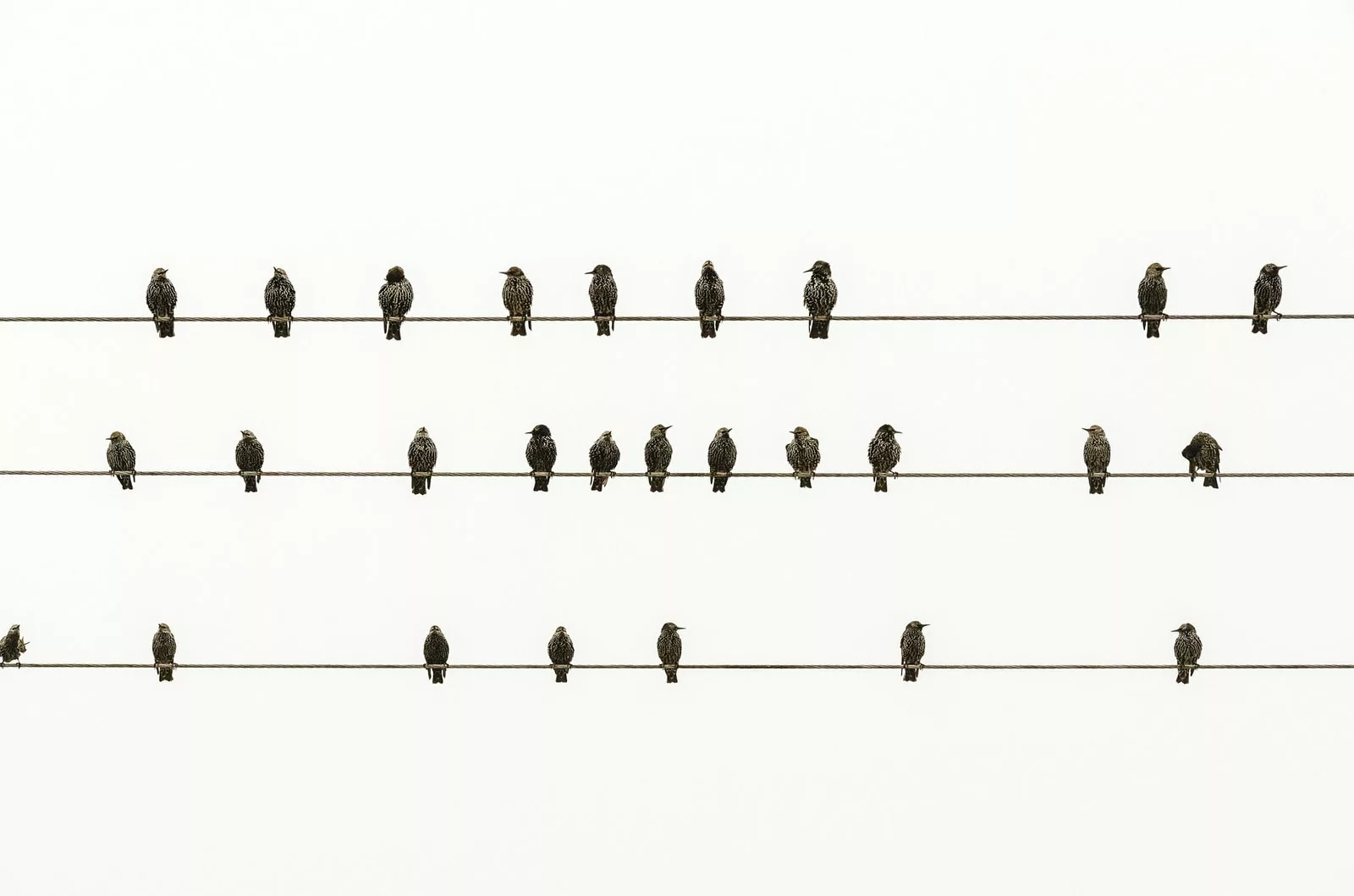Table of Contents
Why Minimalism is Popular?

Minimalism is becoming increasingly popular not only because of our need to follow trends but mainly because it is a trend that contributes deeply, in a quite positive way, to a sense of liberation of the consumerist culture we’ve been raised in.
Minimalism as a lifestyle is a topic we’ve been hearing about a lot lately much thanks to Marie Kondo’s KonMari method. It isn’t a trend solely embraced by only one generation – people of all ages have been looking at this new way of living and giving it a try, as they see potential and a possibility of getting closer to true, crude happiness in it.
Nonetheless, why is Minimalism is popular? What is it that people find or hope to find in a minimalist lifestyle?
Minimalist Academy provides a simple, quick answer to the question of why Minimalism is popular is, which goes as follows: “the popularity of Minimalism is ‘a side effect’ of the negative aspects of modern society.”
This short explanation not only holds a lot of truth but is also a sort of the tip of the iceberg, in the sense that it leads to the debate of a lot of issues. Here are a few of those issues, which are also reasons why Minimalism is so popular these days.
Tired society in a bad economy
It is known that the economy under the stage of late capitalism we’re living in is in a shambles. The younger generations, especially, are victims of a limited, and thus wildly competitive, job market, a brutal house market, and an economic status quo that fails to provide decent salaries and basic survival services.
The difficulties are endless and the solutions are scarce. Minimalism comes up, in an advent-ish kind of way, as a light that guides the way to a better life. The minimalist lifestyle helps people who work hours on end to make the most money they can see that, afterward, the money is being spent on pointless clutter that the media tells them they need to be “fitter, healthier, and more productive”, in the words of Radiohead.
Mind liberation
This one comes as a kind of sequel of the previous point. Ever since trade began, the routine of the human being has been ‘work to make money-spend money-work to make money’, which isn’t necessarily wrong, as long as there are defined rules that protect us. However, the 21st-century moto has shifted to ‘work a lot more than you should to make money-spend the little money you make-work a lot more than you should to make money’. All the time one has in a day is channeled to work because the main focus is making as much money as one can.
Minimalists aren’t worried about making a lot of money to buy objects that get one social validation. They emphasize the important things – which depend on each one’s priorities – by deleting distractions and removing things that keep them attached to the materialistic, consumerist realm.
It’s important to highlight that Minimalism isn’t about the lack of need for money. There are many people (as mentioned in the previous item) that have to work quite much only to pay the bills. When we say minimalists aren’t worried about making a lot of money, we are referring to extra money that is channeled to shopping sprees of clutter.
Climate crisis
Oil and cement companies along with coal-fired power plants are indeed responsible for the major part of what has been causing the current climate crisis. Yet, considering that the population of Earth has been growing exponentially, we can try and do something helpful, like reducing our footprint.
Consumerism is a heavy contributor to climate change for two chief reasons: for one, production consumes a lot of resources, and two, the transportation of objects from one country to another only adds to carbon emissions.
Fast fashion is an example of an industry that has been growing rapidly due to consumerism. Fast fashion has a huge impact on the environment. It entices consumers to buy things they don’t even need at low prices and it causes enormous amounts of waste.
Minimalism, as a simple, low-consuming lifestyle, is an appealing choice for those who want to try and make a difference.
Final notes

As we can see from the reasons listed above, Minimalism is on the rise and the tendency is to keep growing. Whether it’s for your wallet, your mind or your planet, embracing the minimalist tendency is undoubtedly a good one. The path towards Minimalism isn’t an easy one, but it’s a good one if you’re looking to break free from the clutter in your house and mind.
If you find yourself interested in knowing more about Minimalism, you can check our guide on how to become a minimalist in 30 days.
If you have any questions, go ahead and leave a comment down below.


